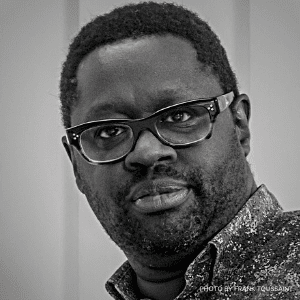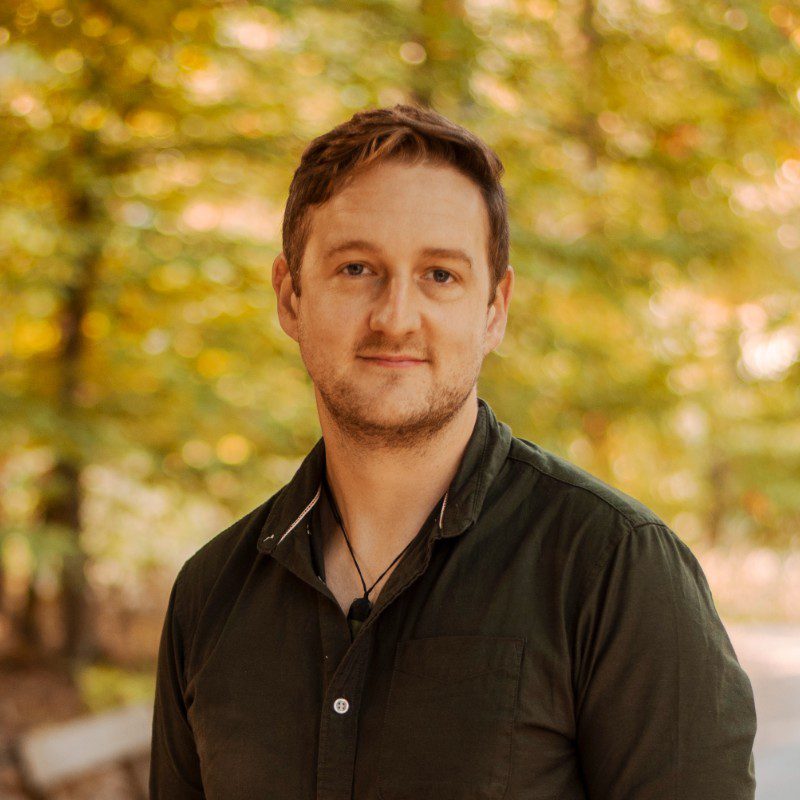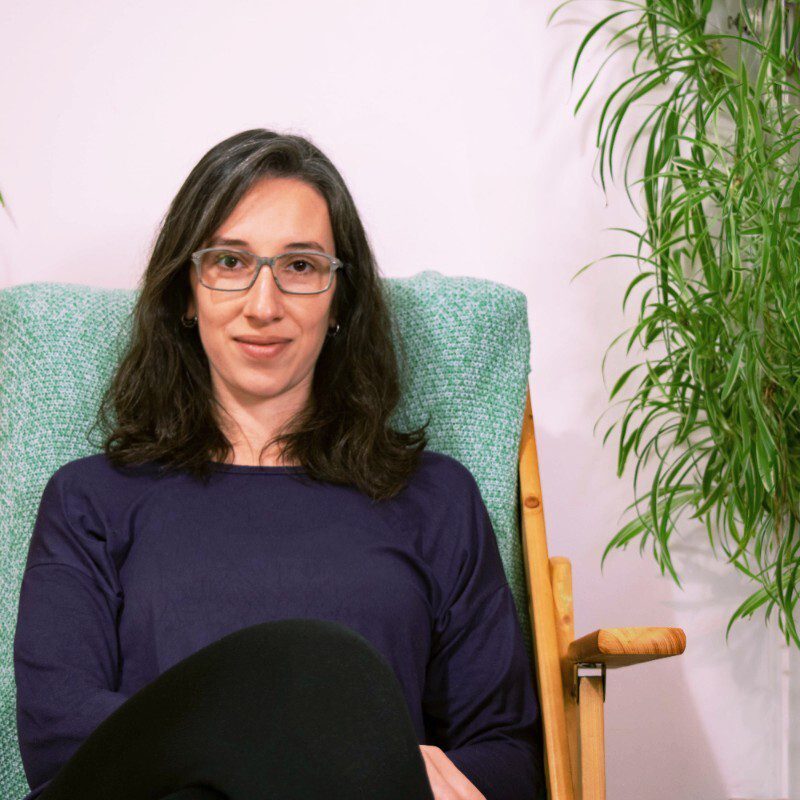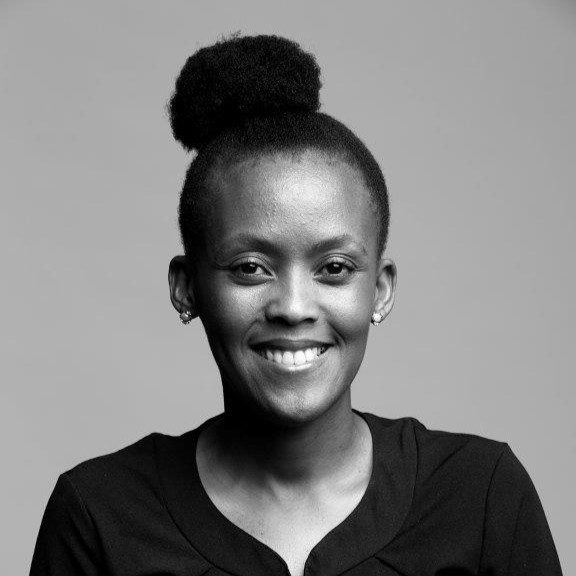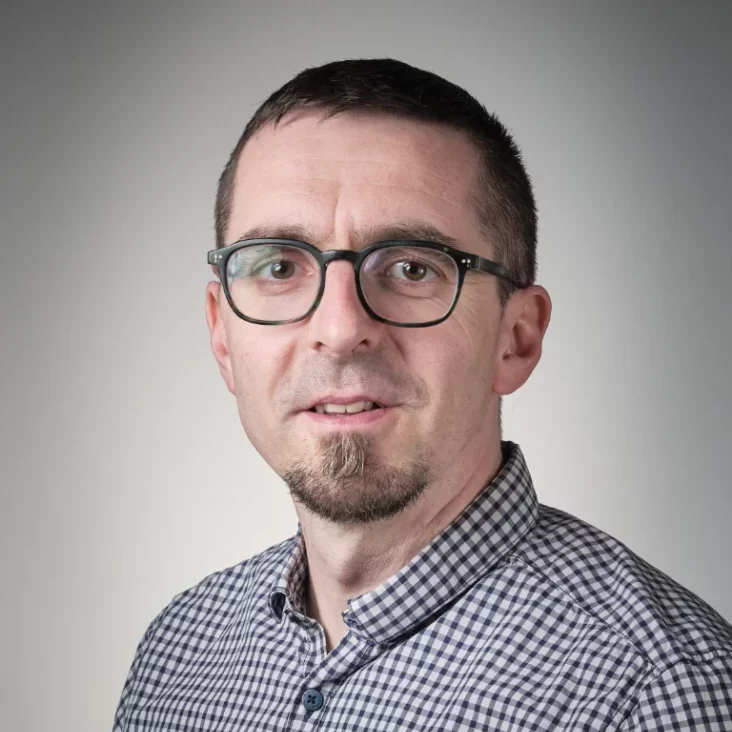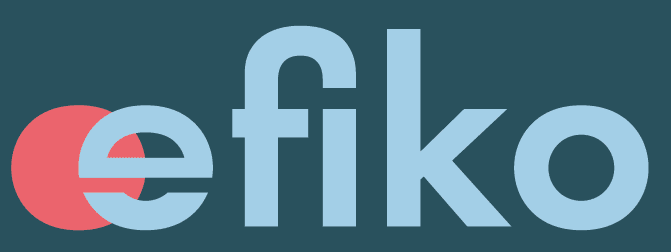What first drove you towards impact measurement and management?
“As I was brought up mostly by women, became the first Black deputy mayor in Flanders (Belgium) and have been working my whole professional career with young people, I have developed over time an inner compass based on strong social values such as equality and diversity,” Wouter began. This inner compass has allowed him to recognise the role business can play in tackling the most wicked social and environmental challenges. “But we need to know what we’re talking about, and that’s where impact measurement comes in.”
What did you want to improve and hence sought in training?
“Impact measurement is an emerging field, and my colleagues that know something about it all bring in their own frameworks and experience from the past. Hence we weren’t speaking the same language. We were looking for an internationally renowned framework that would become the foundation of our internal impact assessment, and we found that in the Social Value Principles and SROI methodology,” Wouter explained.
Moreover, as Wouter and his colleagues are spread all over Europe, even all over the world, they work across different time zones. “So we sought for a solution that allowed us to progress individually and would bring us then a couple of times virtually together to exchange experiences and align on best practices.”
What are the key takeaways and values that you appreciate most from the Impact Measurement training?
“The training set the bar for us to develop a well-defined approach to assess social outcomes. For instance, to conduct a stakeholder analysis or transparently report on long-term outcomes, the Social Value Principles served as a toolkit to get us on the right path. Now we have for the first time a foundation or starting point that we all understand and this facilitates our work enormously.”
After the twenty C-Lever colleagues finished the in-house training, the team decided to set up their own internal Committee of Practice, coming together every six months to share best practices, lessons learned and experiences.
What advice would you give to those who want to advance on impact measurement?
“Learn from the past, look to the future”. Considering how scarce our resources are to turn the tide, organisations of all sizes need to become better at understanding what works, and where to put energy in. “I strongly believe impact measurement and management will soon become standard corporate practice. Don’t wait for it, but see it today as a competitive advantage.”
After finishing the in-house Impact Measurement training, you followed the Diversity, Equity and Inclusion (DEI) Masterclass for investors: what are your key takeaways?
“I was content with the enriching content and diversity of the Masterclass. What I appreciated most were the discussion moments with fellow participants from different organisations and parts of the world, especially when we talked about our approaches to the same problems”, said Wouter. “We learned how to focus on inclusivity as a pivotal first step towards becoming an equal and diverse organisation.”
“Together with the colleague with whom I joined the Masterclass, we have been working on an anonymous recruitment technique for future hirings and placing DEI as a strategic management lens in our organisation.”
From Wouter’s perspective, diversity and inclusion have already been widely discussed but rather exclusively in the context of societal activism. Because of this, some people do not see the necessity of being trained in diversity and inclusion for work. His colleague also shared the same sentiment before they joined the Masterclass. “However, I now understand it’s time for corporate activism: if you want to create a working environment where everyone feels included, know that the tools and practices exist to take a head-start.”
Discover the course

Impact Measurement: Applying the Principles of Social Value and SROI

